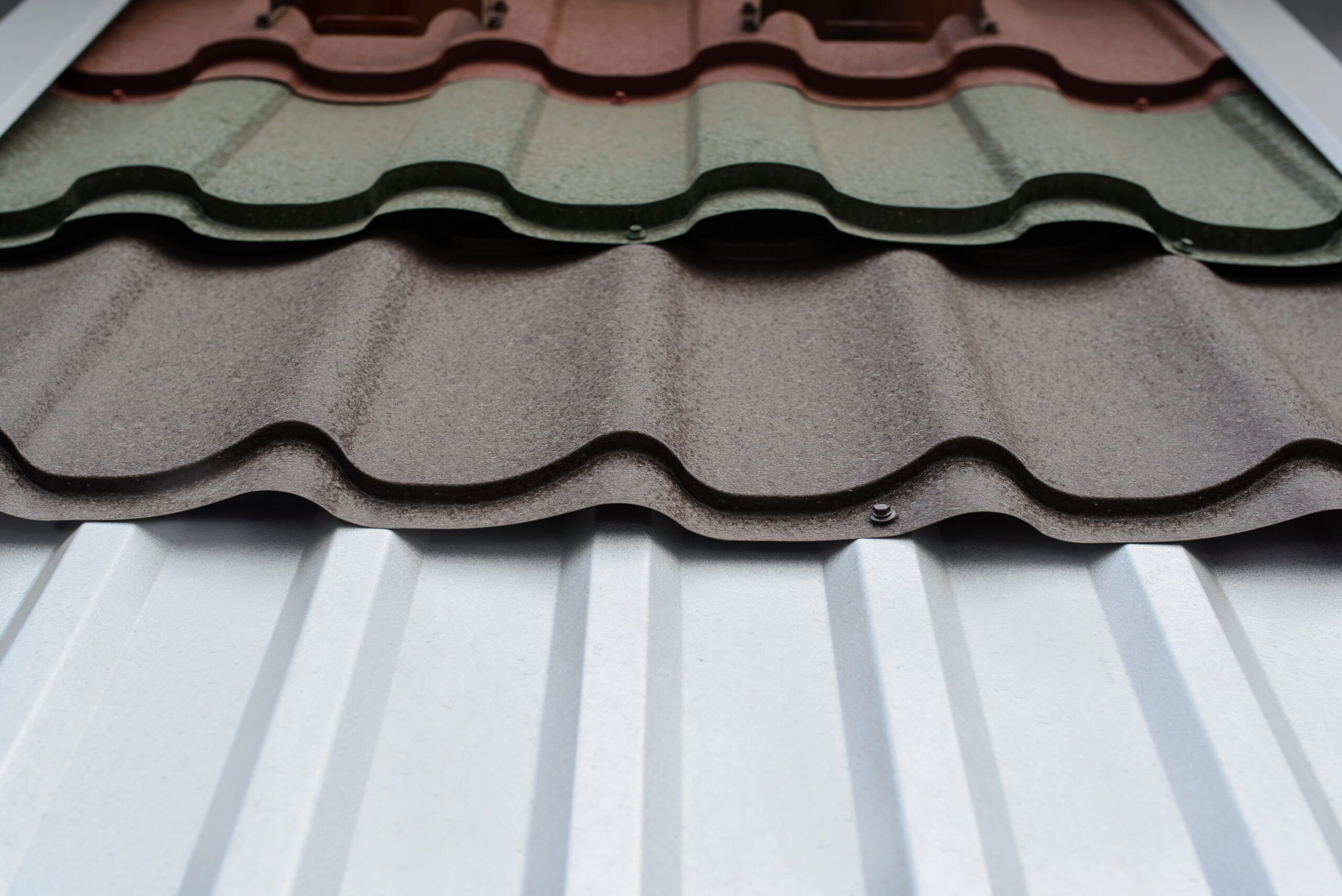
17 Jul Choosing the Best Roof Type for Hurricane Protection
Living in Florida means living in hurricane-prone areas, and as such the importance of a hurricane-resistant roof cannot be overstated. The type of roof you choose plays a crucial role in the overall resilience of your home against the devastating effects of hurricanes. In this blog, we will explore the best roof types for hurricane protection, focusing on their features, benefits, and why they stand out.
The Importance of a Hurricane-Resistant Roof
Hurricanes bring high winds, heavy rain, and flying debris, all of which can cause significant damage to homes. A well-constructed roof designed to withstand these elements can mean the difference between minimal damage and catastrophic loss. Key factors to consider when choosing a roof for hurricane protection include wind resistance, material durability, and proper installation.
Best Roof Types for Hurricane Protection
Hip Roofs
- Design: Hip roofs have four slopes of equal length that meet at the top to form a ridge.
- Benefits: Their aerodynamic design allows wind to flow over the roof with less resistance compared to gable roofs. This reduces the risk of uplift and damage during high winds.
- Durability: Hip roofs are more stable and less likely to suffer from wind damage, making them a preferred choice in hurricane-prone regions.
Metal Roofs
- Material: Typically made from steel or aluminum.
- Benefits: Metal roofs are highly durable and can withstand wind speeds of up to 140 mph or more. They are also resistant to impact from flying debris.
- Longevity: Metal roofs can last 40-70 years with proper maintenance, offering long-term protection and peace of mind.
Concrete Roofs
- Material: Made from concrete tiles or slabs.
- Benefits: Extremely strong and resistant to wind uplift. Concrete roofs are also fire-resistant and energy-efficient.
- Installation: Proper installation is critical to ensure that concrete tiles are securely fastened to the roof structure, preventing them from becoming projectiles during a hurricane.
Asphalt Shingle Roofs
- Material: Made from fiberglass or organic mat coated with asphalt.
- Benefits: When using high-wind-resistant shingles, asphalt roofs can withstand wind speeds up to 130 mph. They are also cost-effective and widely available.
- Installation: Ensure shingles are properly nailed and sealed to enhance wind resistance.
Additional Considerations for Hurricane-Proof Roofing
- Roof Pitch: A steeper roof pitch can reduce wind pressure on the roof, minimizing the risk of damage.
- Fastening Systems: Use hurricane straps and clips to secure the roof to the house’s structure, providing additional stability.
- Regular Maintenance: Regularly inspect your roof for damage and perform necessary repairs to maintain its integrity.
Choosing the right roof type is a crucial step in protecting your home from hurricanes. Hip roofs, metal roofs, concrete roofs, and high-wind-resistant asphalt shingles each offer unique advantages in terms of wind resistance and durability. By considering these options and ensuring proper installation and maintenance, you can significantly enhance your home’s resilience against hurricanes.
For homeowners here in Florida, investing in a hurricane-resistant roof is not just a matter of safety but also a way to safeguard your property and peace of mind. Doing your diligence and consulting with trusted roofing professionals will go a long way in helping you make informed decisions and stay prepared for the stormy season. When you’re ready, please reach out to us for a free roof inspection and consultation.



